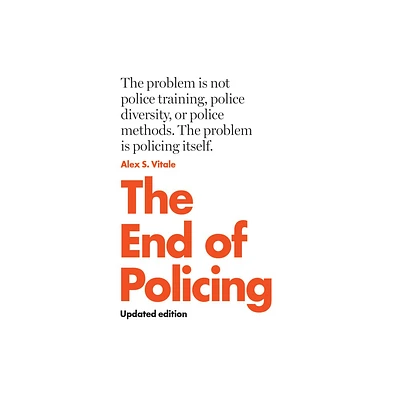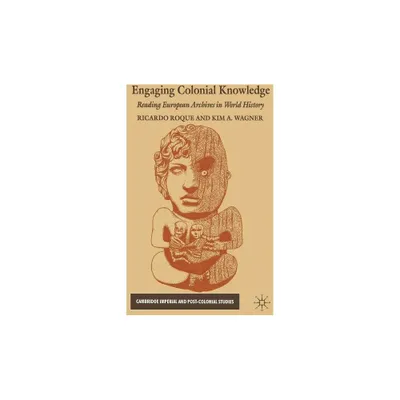Home
At the end of line: Colonial policing and imperial endgame 1945-80
Loading Inventory...
Barnes and Noble
At the end of line: Colonial policing and imperial endgame 1945-80
Current price: $29.95


Barnes and Noble
At the end of line: Colonial policing and imperial endgame 1945-80
Current price: $29.95
Loading Inventory...
Size: Paperback
*Product Information may vary - to confirm product availability, pricing, and additional information please contact Barnes and Noble
Colonial policing and the imperial endgame is the first comprehensive study of the colonial police and their complex role within Britain’s long and turbulent process of decolonisation, a time characterised by political upheaval and colonial conflict.
The Colonial Police Service was created in 1936 in order to standardise all imperial police forces and mould colonial policing to the British model. From the British Caribbean to the Middle East, the Mediterranean to British Colonial Africa and on to Southeast Asia, colonial police forces struggled with the unrest and conflict that stemmed from Britain’s withdrawal from its empire. As the shadow of decolonisation grew ever longer, so colonial police forces reverted back to their traditional role as a colony’s first line of defence. At the same time, as tensions increased throughout the empire, so too did the power of the police through the development of police intelligence systems and counter-insurgency units. Colonial policing and the imperial endgame controversially asserts that it was coercion rather than consent which was more commonly associated with the work of police forces during this period of political dislocation.
Georgina Sinclair's focussed study of colonial policing during this period facilitates a greater understanding of the processes of decolonisation.
The Colonial Police Service was created in 1936 in order to standardise all imperial police forces and mould colonial policing to the British model. From the British Caribbean to the Middle East, the Mediterranean to British Colonial Africa and on to Southeast Asia, colonial police forces struggled with the unrest and conflict that stemmed from Britain’s withdrawal from its empire. As the shadow of decolonisation grew ever longer, so colonial police forces reverted back to their traditional role as a colony’s first line of defence. At the same time, as tensions increased throughout the empire, so too did the power of the police through the development of police intelligence systems and counter-insurgency units. Colonial policing and the imperial endgame controversially asserts that it was coercion rather than consent which was more commonly associated with the work of police forces during this period of political dislocation.
Georgina Sinclair's focussed study of colonial policing during this period facilitates a greater understanding of the processes of decolonisation.


















